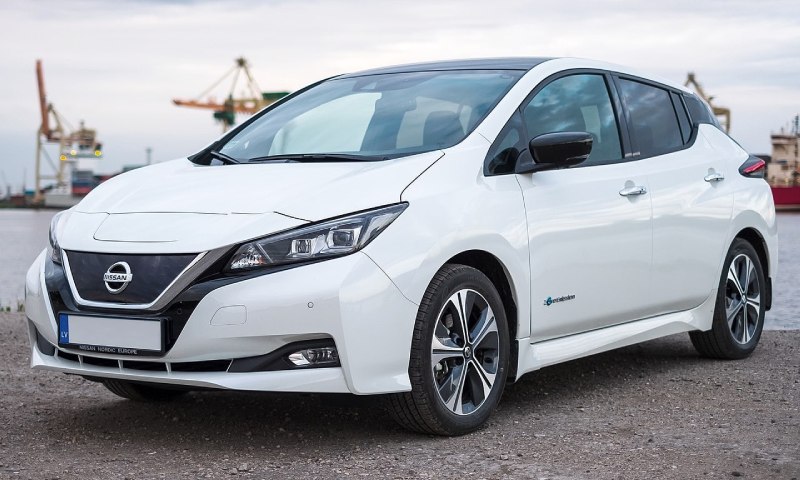
Recurrent Software Helps Purchasers of Used Electric Vehicles Determine How Much Life Remains In A Car
- Business
- March 26, 2024
A firm out of Seattle called Recurrent wants to illustrate the wear and tear on an electric vehicle’s battery as well as its potential value, much like an odometer does for a car running on gasoline.
EVs are quickly entering the used car industry, which is more than twice as large as the new car market. Given that these automobiles are battery-only, there is an issue with their valuation.
Regarding secondhand electric cars, consumers have essentially distinct inquiries, particularly regarding battery life. An electric vehicle’s battery is an important part as changing one might cost more than the old car itself.
“We help used EV buyers understand what they’re getting when it comes to vehicle range, and how that changes in different weather conditions and how that changes over time as the car ages,” Scott Case, CEO of Recurrent, told CNBC. “The battery in an EV doesn’t wear down like your iPhone battery does. Your EV is not an iPhone on wheels.”
Recurrent just makes use of the software that thousands of electric cars utilize on a regular basis—no hardware. It is capable of repeatedly analyzing a car and standardizing factors such as driving style, weather, and charging habits in order to compare two identical cars and determine which has a stronger battery and, thus, a greater value.
“It’s similar to how everyone in the used car ecosystem needs to know the odometer of a used combustion engine car,” Case said. “Everyone needs to have a common currency to be able to value these vehicles as they show up in the market.”
Recurrent can be accessed by EV owners using OnStar or a Tesla account. Additionally, dealerships can use Recurrent to provide comparisons to customers, which could increase the cost of sales for vehicles with more powerful batteries.
Investors are drawn to this technology since there is now no competition in the United States while the used EV market expands.
“When we look at EVs, we’re thinking about this massive transition, which is sort of a once-in-a-lifetime opportunity, where you’re seeing the entire global auto market shift from gas cars to EVs, and the bulk of that is going to happen the next decade,” Paul Straub, co-founder and managing director of Wireframe Ventures, an investor in Recurrent, told CNBC.
Recurrent is supported by ArcTern Ventures, Powerhouse Ventures, and EnerTech Capital in addition to Wireframe Ventures. It has raised $19.25 million thus far.
Since its launch in June of last year, Recurrent has amassed over 20,000 drivers on its network. According to Case, the company’s income has tripled in the previous year.
According to him, the market for used EVs will expand tenfold over the next five years because, despite the rise in new EV adoption, the sheer number of vehicles already on the road will force the market for used cars to increase more quickly.